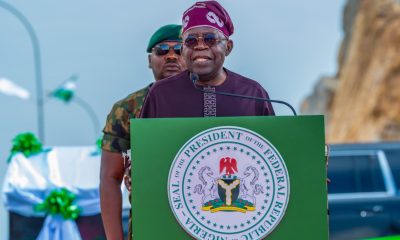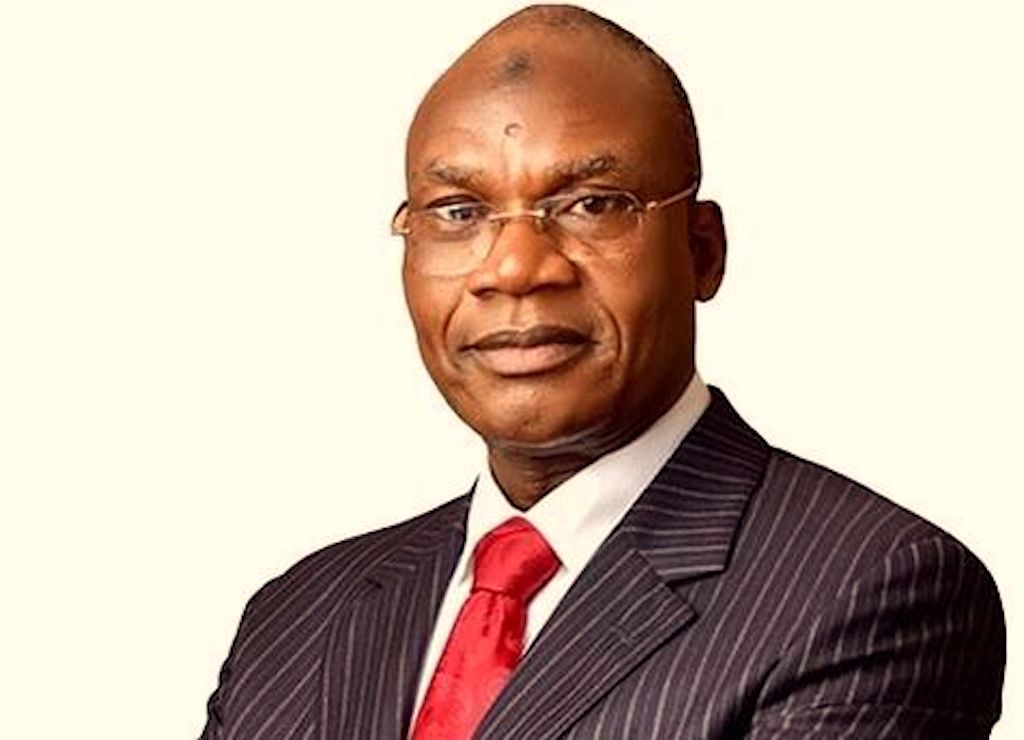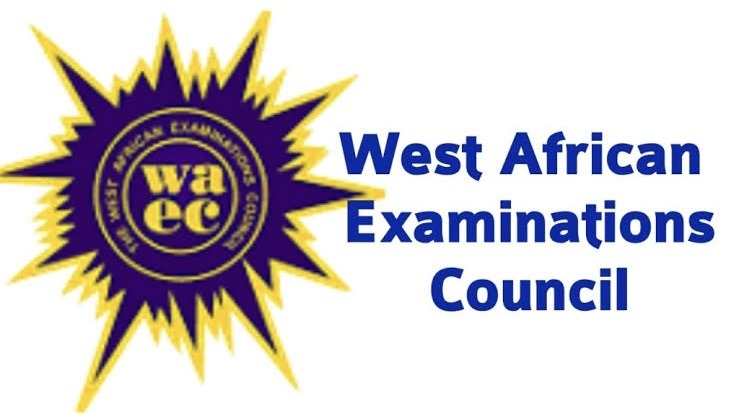Vice President, Senator Kashim Shettima has emphasised the critical importance of prioritising girl child education in Nigeria.
As such, Shettima in a statement signed by the Senior Special Assistant to The President on Media & Communications (Office of The Vice President), Stanley Nkwocha has called for a concerted, multisectoral approach to address gender-based barriers to quality education.
According to Shettima, government at all levels, traditional rulers, religious leaders, civil society organisations (CSOs), and partners in the donor community must come together “with a singular focus: ensuring that every Nigerian child, regardless of gender or geography, receives quality education.”
The Vice President who gave the charge on Thursday when he declared open the International Conference on Girl Child Education in Nigeria, held at the Banquet Hall of Presidential Villa, Abuja, noted that the dignity of the girl child defines every civilization.
Represented at the event by Deputy Chief of Staff to the President (Office of the Vice President), Senator Ibrahim Hadejia, the VP stated: “Whatever reforms we adopt to build a safe space for educating the girl child must be championed from within our communities.
“Policymaking involves all of us, and we must engage local leaders, traditional rulers, and religious figures to understand the implications of failing to educate the future of this nation.
“The most powerful tool we can offer the girl child is education. We must enhance educational programmes that inform girls and women about their rights and the risks they face if denied the opportunity to make informed choices, especially in matters of health.”
VP Shettima implored government’s partners in the donor community, including the World Bank, the African Development Bank, and other multilateral institutions, to make a generational difference.
“The dignity of the girl child defines every civilization, and today, we are bound by a duty higher than merely observing the challenges before us,” he stated
“We bear the responsibility of setting the tone for this nation, and there is no greater calling than to prioritise the education of the girl child and other at-risk children.
“This is a mirror from which we cannot afford to look away because the consequences are dire,” he said.
Outlining statistics on out-of-school children in Nigeria, including the latest Multiple Indicator Cluster Survey (MICS), the VP warned that “each child abandoned to the streets is a liability that the nation will one day pay for.
“We must remember that the child who remains out of school today will be a threat to their peers in the classroom tomorrow. We cannot afford to turn away from this reality, and the need for creative and innovative solutions is now more pressing than ever,” he added.
Senator Shettima acknowledged, however, that while the issue of girl-child education haunts every nation, her vulnerability in this part of the globe is specifically pronounced.
He continued: “Her education is more than a moral obligation; it is the stabilising force of our economic and social order. For every additional year a girl remains in school, her future earning potential increases, infant mortality rates decrease, and poverty levels in communities fall.
“We see this reflected in the Gender Parity Index, which shows that girls have almost caught up with boys at the primary school level, with a ratio of 0.99, and even surpass boys at secondary school level, with a ratio of 1.08.
“However, these gains are at risk unless we intensify our interventions to reach every girl, particularly in areas where barriers remain strongest.”
The Vice President, however, assured that the National Economic Council (NEC), which he chairs, has already set out to guarantee the future of the girl child, adopting education as one of its critical thematic areas of intervention.
He explained: “Alongside health, nutrition, and employability in a rapidly changing world, our Human Capital Development Programme is a radical response to the generational gaps in our education sector.
“We have set the ambitious goal of achieving a 0.6 score on the World Bank’s Human Capital Index, and we understand that the road to this future involves increasing years of schooling, improving the quality of education, and ensuring that no child—especially no girl child—is left vulnerable or out of school.”
VP Shettima regretted that the latest data further accentuates the urgency of addressing the issue, particularly in northern Nigeria, noting that “states in the North West and North East face the highest out-of-school rates.
“We cannot allow ourselves to be held hostage by these frightening numbers. Now is the time to treat them as an emergency, and the only way forward is through state-specific action plans that address the unique needs and barriers in each region,” he added.
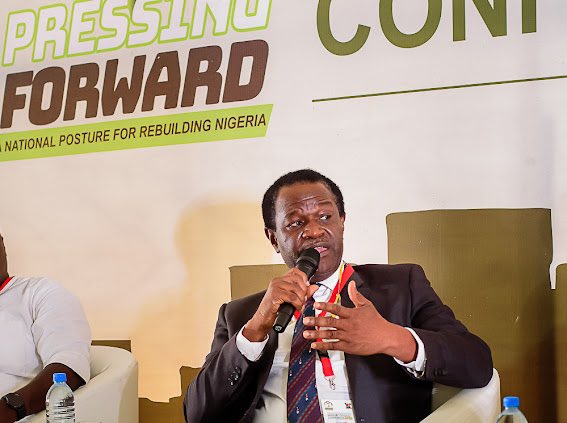
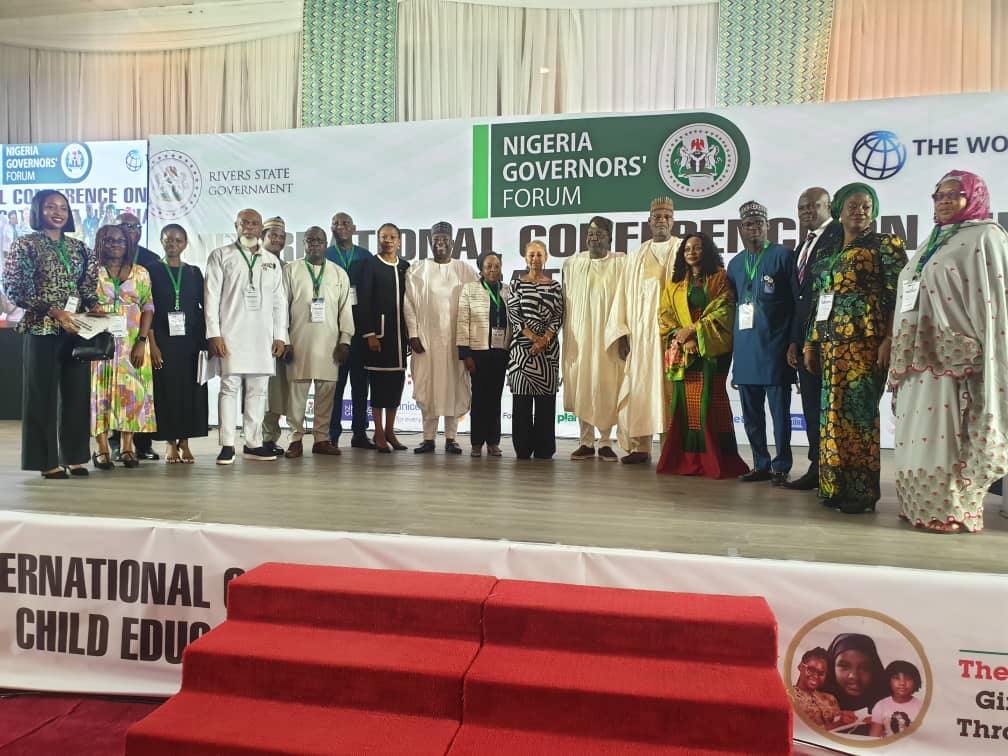

 Business13 hours ago
Business13 hours ago
 Business14 hours ago
Business14 hours ago
 Metro12 hours ago
Metro12 hours ago
 Health12 hours ago
Health12 hours ago
 Business13 hours ago
Business13 hours ago
 News12 hours ago
News12 hours ago
 News9 hours ago
News9 hours ago
 Gadgets13 hours ago
Gadgets13 hours ago
 Business13 hours ago
Business13 hours ago
 Entertainment12 hours ago
Entertainment12 hours ago




